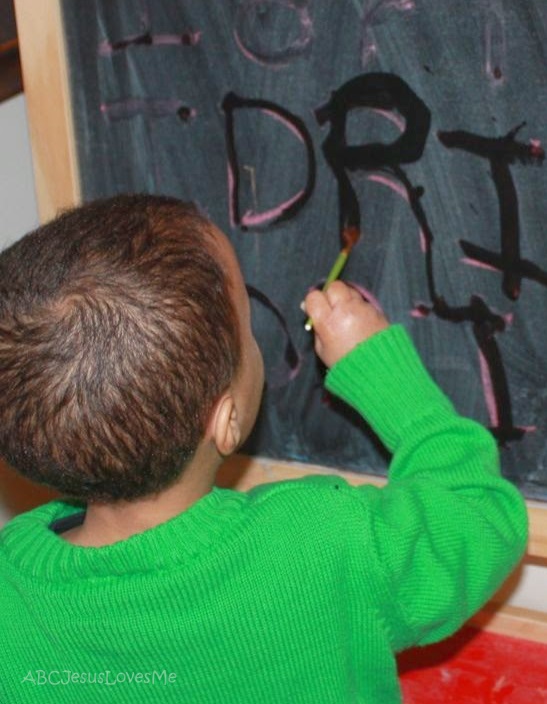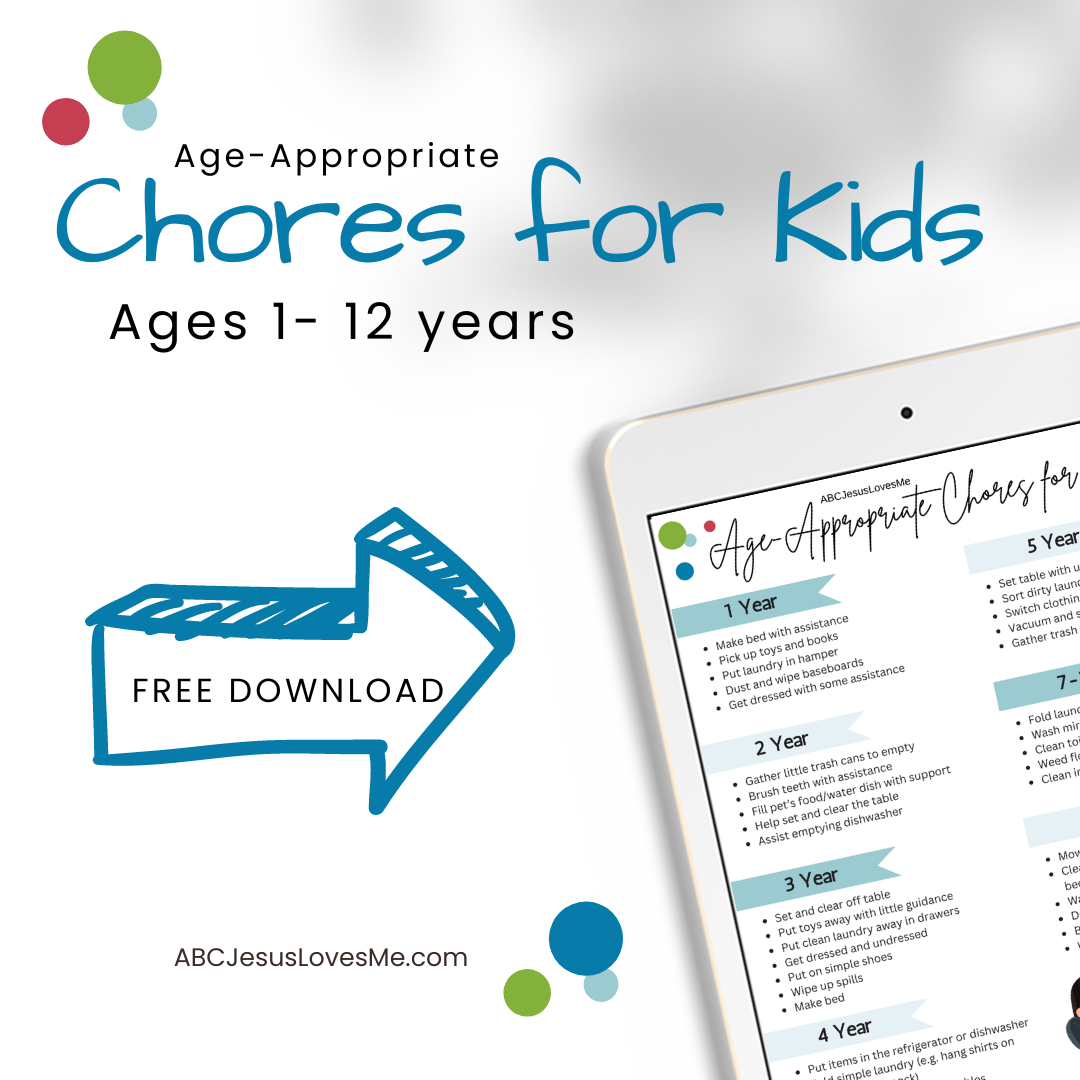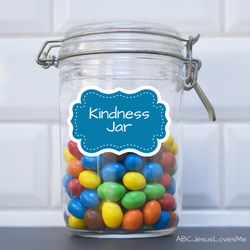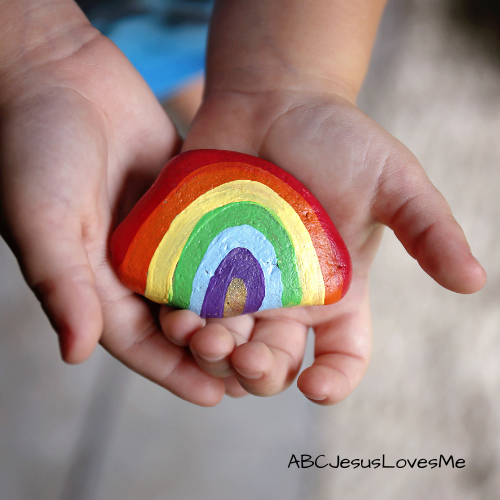
Teaching kindness is a powerful way to help preschoolers understand the importance of empathy and compassion. On this page, you'll find a collection of engaging activities, books, and resources that make learning about kindness fun and meaningful for little ones. Explore ideas that will help children practice kindness in their everyday lives!
Definition: Being gentle, friendly, courteous; sharing without complaining; being generous; helping others in need; being sensitive to others' feelings
Opposite: Mean, selfish, rude, hurtful
Healed Through the Roof - Luke 5:17-26
Kindness means helping those around you.
The Good Samaritan – Luke 10:25-37
Teaches the importance of showing kindness and compassion to everyone, even to those who are different from us.
Ruth and Naomi – Ruth 1-4
Ruth shows deep kindness and loyalty to her mother-in-law Naomi, caring for her and staying by her side in difficult times.
The Circles All Around Us by Brad and Kristi Montague is a sweet and meaningful story that shows how our personal circle of love and kindness can grow to include more people. Starting with a small circle around ourselves, it expands as we share love with family, friends, and the world. This book beautifully illustrates the power of kindness and connection in a way that young children can understand.
It's Ok to be Different by Sharon Purtill is a beautifully illustrated children's book that celebrates diversity and individuality. The book encourages children to embrace their unique qualities and reminds them that being different is something to be proud of. Through its positive message, the story fosters self-acceptance and empathy toward others, making it a valuable tool for teaching children about kindness, inclusivity, and the importance of being true to oneself.

Get a child ready for kindergarten with the ABCJesusLovesMe 4 Year Curriculum. The engaging, easy-to-follow lesson plans and activities focus on age-appropriate academics, Bible stories, character training, and developmental skills, providing the perfect foundation for a child’s educational journey. Ideal for both home and preschool use, ensure that your child or students are confident and prepared for the next step!
In Berenstain Bears and Too Much Teasing by Stan and Jan Berenstain, the Berenstain Bears learn an important lesson about teasing when Brother Bear teases Sister Bear and others at school. Through their experiences, they discover how teasing can hurt feelings and why it's important to be kind and considerate of others.
God, I Need to Talk to You about Bullying by Susan K. Leigh provides a simple and engaging way for children to understand bullying from a Christian perspective. Through prayer, children learn how to approach bullying, seek help, and trust in God's guidance for handling tough situations with kindness and courage.
Papa's Pastries by Charles Toscano shares the story of Miguel's family and their need for a new roof, firewood, and clothing to survive the winter. Miguel hopes his father, a pastry peddler, can sell enough treats to buy what they need, but his father chooses to give his pastries to those who are also struggling. Miguel feels heartbroken until he learns that kindness is far more valuable than money, and that God often provides in unexpected ways. This book beautifully teaches children about the importance of hard work, listening to the Holy Spirit, and trusting that God will meet our needs, even when it’s not in the way we expect.
In this beautifully illustrated book Let's Be Kind by P.K. Hallinan encourages children to be kind through simple, everyday actions. With its gentle message, the story helps little ones understand how kindness can make a positive impact on others and create a happier world.
Bax and His Bubbles by Sonia Amin is a delightful story that models the process of weighing thoughts in a way that's accessible for children. The adorable character, Bax, discovers that his thoughts are like bubbles—he can choose to keep them or let them go. As readers journey alongside Bax, they witness him learning to evaluate his thoughts, which then have the opportunity to turn into words and actions. This engaging narrative not only entertains but also provides valuable lessons about emotional awareness and self-regulation.
The Sour Grape by Jory John is an insightful story about a sour little grape who holds grudges against everyone for small misunderstandings. Through a series of events, the grape eventually realizes the power of forgiveness and learns to let go of negativity. This story encourages children to embrace kindness, empathy, and forgiveness in their relationships.
Shorten the verses as appropriate for the child's developmental level.
Do to others what you would have them do to you.
Also available on Steve Green's CD Hide 'Em in Your Heart Vol. 1 - #2.
A gentle answer turns away wrath, but a harsh word stirs up anger.
Ephesians 4:32 (NIV)
Be kind and compassionate to one another, forgiving each other, just as in Christ God forgave you.
Proverbs 11:17 (NIV)
Those who are kind benefit themselves, but the cruel bring ruin on themselves.
Luke 6:31 (NIV)
Do to others as you would have them do to you.
Colossians 3:12 (NIV)
Therefore, as God’s chosen people, holy and dearly loved, clothe yourselves with compassion, kindness, humility, gentleness, and patience.
1 Peter 3:8 (NIV)
Finally, all of you, be like-minded, be sympathetic, love one another, be compassionate and humble.
Proverbs 3:3-4 (NIV)
Let love and faithfulness never leave you; bind them around your neck, write them on the tablet of your heart. Then you will win favor and a good name in the sight of God and man.
Galatians 5:22-23 (NIV)
But the fruit of the Spirit is love, joy, peace, forbearance, kindness, goodness, faithfulness, gentleness, and self-control.
Romans 12:10 (NIV)
Be devoted to one another in love. Honor one another above yourselves.
Proverbs 16:24 (NIV)
Gracious words are a honeycomb, sweet to the soul and healing to the bones.

Is ABCJesusLovesMe the right fit for your preschool, daycare, or church? All your questions can be answered during a private remote meeting.
Please note that remote sessions are exclusively for institutions and are not available to individual families.
The VeggieTales video "Are You My Neighbor?" centers around the theme of loving your neighbor, teaching children to be kind and helpful to others even if they are different. The video contains two stories: a retelling of the Good Samaritan parable with a Dr. Seuss style, and a sci-fi spoof parodying Star Trek called "The Gourds Must Be Crazy" where the characters learn to appreciate those who are different.
O be careful little eyes what you see
O be careful little eyes what you see
For the Father up above
Is looking down in love
O be careful little eyes what you see
This little light of mine, I'm gonna let it shine (repeat 2x)
Let it shine, Let it shine, Let it shine
Hide it under a bushel? No! I'm gonna let it shine (repeat 2x)
Let it shine, Let it shine, Let it shine

From tiny tots to preteens, our chore chart is designed to help your child develop valuable life skills while keeping your home running smoothly. Make chores fun and rewarding for the whole family! Download now and see the positive impact on your child's development.
All Printables Free for Immediate Family Use or with a Current License Only

Fill a jar with candy (good use for Halloween, Valentine's Day, or Easter candy) or craft pom poms. Label the jar with the words "Kindness Jar." Sit down with your child(ren) and explain that your family is going to help each other show kindness by using the "Kindness Jar." Every time anyone is "caught" being kind, he or she gets to take out a sweet treat from the jar. Encourage the kids to look for other family members being kind.
Tie this to your Bible story for the week or use the following verses:
1 Corinthians 13:4
Galatians 5:22–23
Proverbs 19:17
Proverbs 12:25
Ephesians 4:32

Give a child paper, scissors, and craft supplies to create homemade cards for family, friends, or neighbors. Use this activity to share love and kind words with others, especially those who are often overlooked, like delivery drivers, sanitation workers, or nurses.

Paint rocks with kind messages. Place them in public areas or in your yard for others to find as a surprise act of kindness.
Stone Soup by Heather Forest is a retelling of the classic folk tale where hungry soldiers arrive in a village and convince the suspicious townspeople to contribute small amounts of food to make a delicious soup. Through cooperation and sharing, the villagers learn the value of community and kindness.
After reading the book, make stone soup by incorporating everyone’s contributions. A recipe is included in the book.
Sit in a circle or around a table. Have each person give a compliment to the person next to them. It fosters kindness and helps build self-esteem.
Preparation: For the story, bring in a ripe banana that looks really yummy and a rotten banana.
If I offered you this piece of fruit (holding up the rotten banana), would you like to eat it? (Let the child answer.) Of course you wouldn’t. This banana is yucky and rotten. We want to throw that banana away. What if I offered you this banana (holding up the ripe banana)? Would you like to eat this one? (Let the child answer). I bet you would like to eat this banana. It is yellow and ripe, and probably tastes really yummy. Our life is like these two fruits. On one hand, we have people who do bad things and make us feel sad. While on the other hand, we have people who like to do good things, like help others and be nice to others. Which fruit do you think God wants us to be, the rotten banana or the ripe banana? (Let the child answer.) We have been talking each week about character traits. Let’s think back to some of the ones that we have talked about. (Let the child answer.) Paul writes in Galatians 5:22–23, “But the Holy Spirit produces this kind of fruit in our lives: love, joy, peace, patience, kindness, goodness, faithfulness, gentleness, and self-control.” Do you notice how several of the character traits that we have been learning about are listed as the Fruit of the Spirit in Galatians 5:22-23? God wants us to be good fruit. Paul talks about the way Christians should treat others and how we should do things that make God happy!
Questions:
- How does God want us to treat other people? (He wants us to be kind and help others.)
- Why don’t we want to be rotten bananas? (Rotten bananas are like people who try to hurt others and are not nice to us.)
- Who tells about the Fruit of the Spirit in the Bible? (Paul or the Bible tells us the things we should do to be good to other people.)
Using a balancing scale, demonstrate how playing together and fair balances the friendship. Place a small toy on one side of the scale. Discuss that when one person shares (place equal weighted toy on the other side to balance) the friendship is balanced.
This page may contain affiliate links. Please read our disclosure policy.